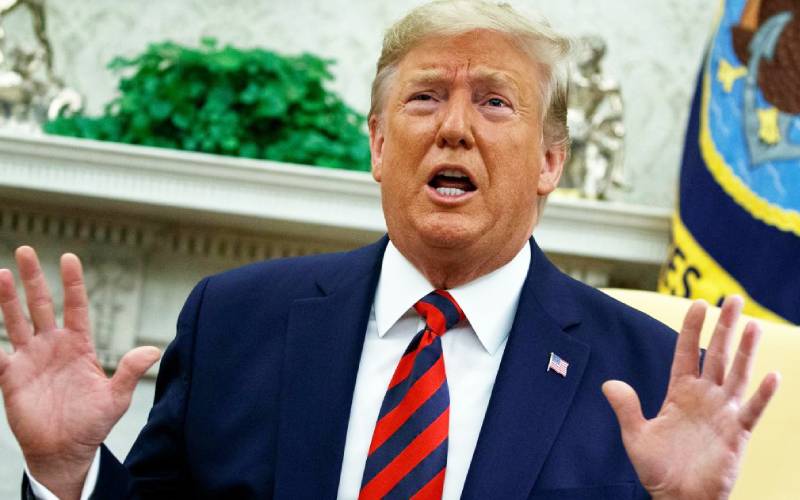×
The Standard e-Paper
Fearless, Trusted News

Donald Trump (pictured), by his own account, is a global force that people cannot afford to ignore. He is doggedly self-conscious, unapologetic, and politically shrewd. He is a man of establishment and yet behaves as if he is an outsider. He represents a different breed of leaders in the West, those with bulldozing and don’t care attitudes towards domestic and international issues.